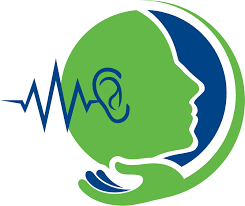Nuance Audio is a new option for people who resist traditional aids, from the company that makes Ray-Bans and operates LensCrafters.
Seekers of Meaning Podcast Posted Online March 7, 2025
What's Next Longevity Deal Talk Episode 32, January, 2025
Presentation: What's Next Longevity Venture Summit, June, 2025

 The hearing aid industry offers pricey hearing aids for people with ‘defined’ hearing loss. The FDA wants you to understand that
The hearing aid industry offers pricey hearing aids for people with ‘defined’ hearing loss. The FDA wants you to understand that  What makes Voice First special for older adults? This blog has discussed the
What makes Voice First special for older adults? This blog has discussed the